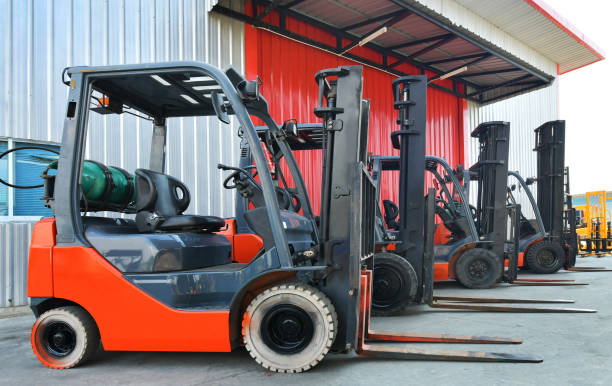The Versatile Utility of Propane in Commercial Applications
Propane, also known as liquefied petroleum gas (LPG), has garnered attention for being an energy-efficient, clean-burning, and eco-friendly alternative fuel. Let’s look at the significance of propane in commercial industries, its importance for businesses, and four of its prominent commercial uses. The Many Faces of Propane Propane, in its gaseous form, is renowned for its… Continue reading The Versatile Utility of Propane in Commercial Applications


